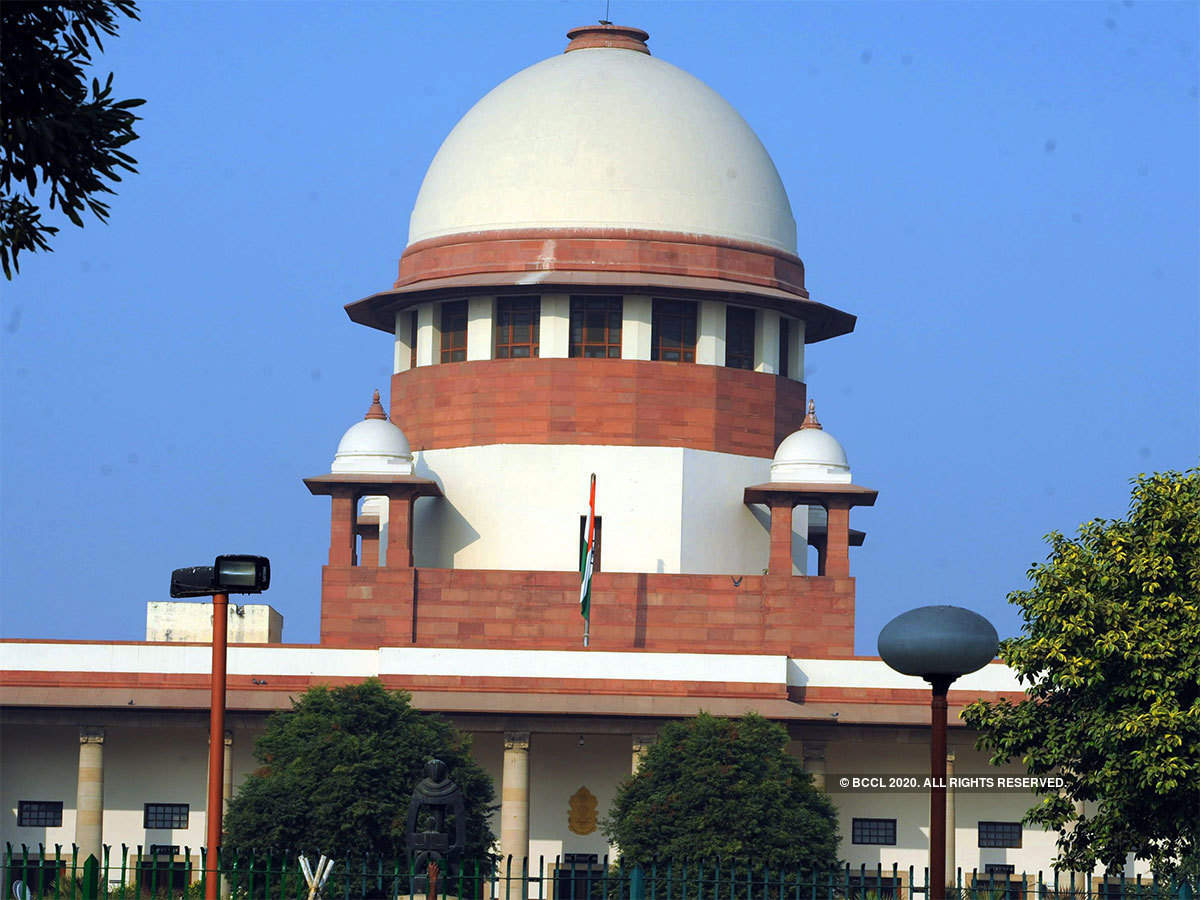
SC judge slams use of social media to attack judges; asks Parliament for regulation

Supreme Court judge Justice J B Pardiwala on Sunday criticised the use of social media to launch personal attacks on judges, saying this will evolve into a “dangerous scenario”. His remarks came amid criticism on social media of the Supreme Court’s oral remarks in the case of suspended BJP spokesperson Nupur Sharma this week. Justice Pardiwala was one of the judges on the bench.
“Personal attacks on judges for their judgments lead to a dangerous scenario where the judges have to think about what media thinks instead of what the law really thinks. This harms the rule of law,” Justice Pardiwala said.
He was speaking on the topic ‘Vox Populi vs Rule of Law: Supreme Court of India’ at the second Justice H R Khanna Memorial National Symposium organised by Dr Ram Manohar Lohia National Law University, Lucknow, and National Law University, Odisha, along with the Confederation of Alumni for National Law Universities (CAN Foundation).
‘Agenda-driven attacks’
“Social and digital media is nowadays primarily resorted to expressing personalised opinions more against the judges per se rather than a constructive critical appraisal of their judgments. This is what is harming the judicial institution and lowering its dignity,” he said. “Constitutional courts have always graciously accepted informed dissents and constructive criticisms,” Justice Pardiwala said, “but their thresholds have always debarred the personalised, agenda-driven attacks on the judges”.
“This is where digital and social media needs to be mandatorily regulated in the country to preserve the rule of law under our Constitution,” he said.
The vacation bench of Justice Surya Kant and Justice Pardiwala had lashed out against Sharma on Friday for her remarks on the Prophet, saying she had a “loose tongue”, and was “single-handedly responsible for what is happening in the country,” including in Udaipur.
Also read: Nupur Sharma single-handedly responsible for what’s happening in India: SC
“A trial is essentially a process to be carried out by the courts,” Justice Pardiwala said. “However, in the modern-day context, trials by digital media are an undue interference in the process of justice dispensation, crossing that Lakshman Rekha many a times.”
“Those for whom the concepts of judicial discipline, binding precedents and inherent limitations of judicial discretion are elusive, this section of people, the half-truth knowledgeable, are a real challenge to the dispensation of justice through the rule of law,” he said.
Dangerous scenario
The “attacks attempted at judges for their judgments lead to a dangerous scenario wherein judges will have to pay greater attention to what the media thinks rather than what the law actually mandates,” Justice Pardiwala said.
He said that “a judicial verdict, right or wrong, is always by a court vested with powers under the Constitution of India as a court of record…”, and “the remedy of any judicial order or a judgment is clearly not available on digital or social media but before the superior court of law in the judicial hierarchy”.
The judge said that “in India, which still cannot be classified as a completely mature and informed democracy, social and digital media is employed frequently to politicise purely legal and constitutional issues”.
The Ayodhya dispute is a case in point, Justice Pardiwala said. It was “essentially a land and a title dispute, bordering upon the title of a deity. However, by the time the final verdict came to be delivered, the issue attained political overtones,” he said.
“The immense power of these platforms is persistently resorted to for precipitating a perception of guilt or innocence of the accused even before the trial is over. This also sacrileges the rule, especially in high-profile matters where either the incident is hyped or the accused is a big man. Even before the trial is over, the society starts believing that the outcome of judicial proceedings ought to be nothing but conviction with extreme penalty for the accused,” Justice Pardiwala said.
‘Need to regulate social and digital media’
Justice Pardiwala called upon Parliament to consider making laws to regulate social and digital media. “Regulation of digital and social media especially in the context of sensitive trials, which are sub judice, must be dwelled upon by the Parliament by introducing appropriate legislative and regulatory provisions in this regard,” he said.
On the rule of law, the judge said the “judiciary cannot exist independent of the society and the interaction is inevitable but the rule of law is insurmountable”.
“What would people say, ‘log kya kahenge, kya sochenge’ (What will people say, what will people think) is an enigma which haunts each and every judge, every moment, whenever he is to pen down a judgment having social ramifications,” he said adding that however, “it is where the conviction, awareness of the constitutional values and conceptual understanding of rule of law of the concerned judge comes to the fore.”
Also read: Ruckus in Odisha House over Nupur Sharma’s remark
“Judicial verdicts”, Justice Pardiwala said, “cannot be the reflection of influence of public opinion”. Among the examples “where SC upheld rule of law versus majoritarian perceptions”, Justice Pardiwala mentioned the “landmark” decisions in the Sabarimala case, LGBT cases, and some death penalty cases. “When we look at… (these verdicts) the friction between the aspirations of the society and the necessity of upholding the rule of law comes to the forefront,” he said.


